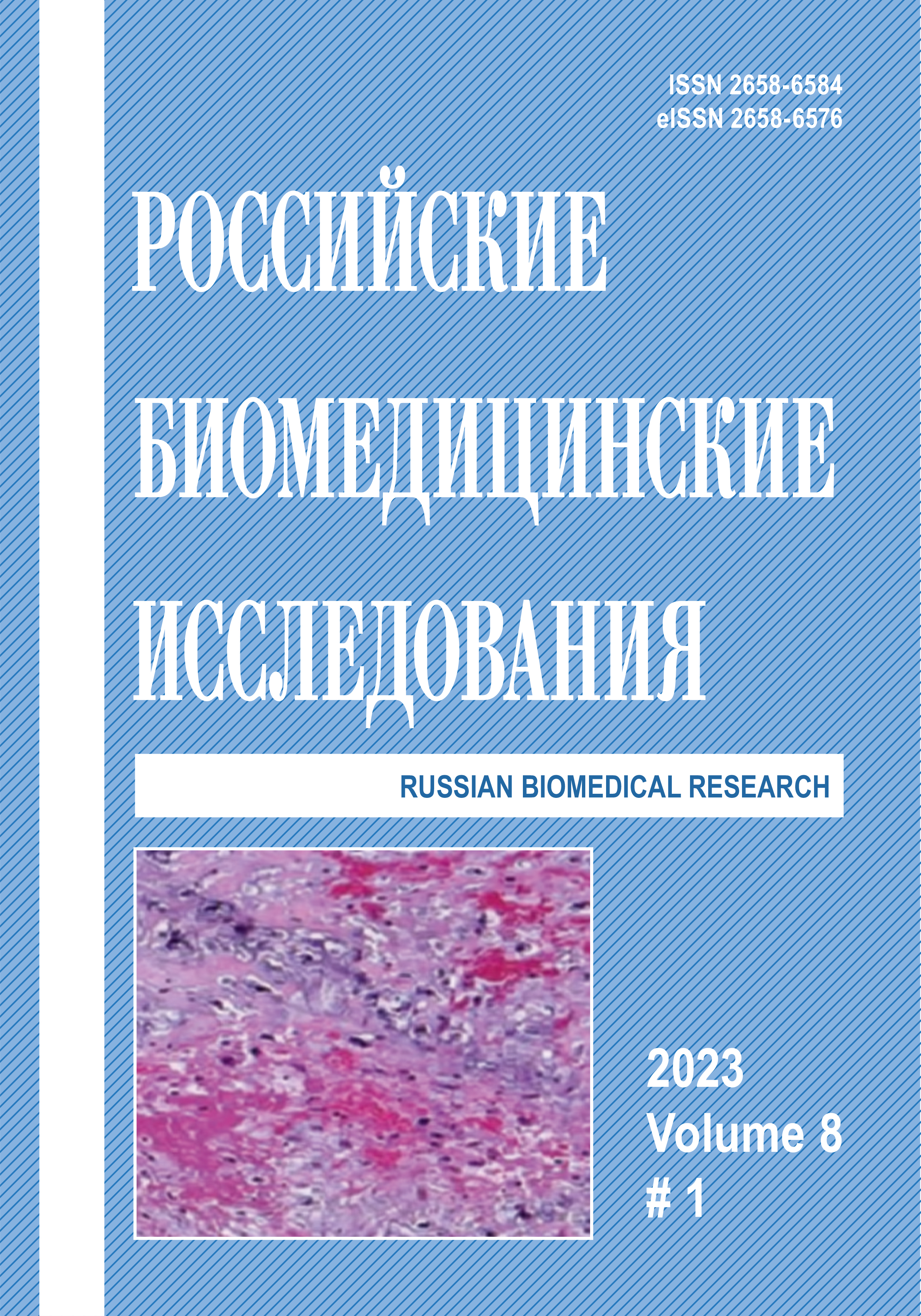INTENSIVE CARE UNIT MEDICAL STAFF ADAPTATION TO WORK WITH COVID-19, DEPENDING ON INDIVIDUAL PSYCHOPHYSIOLOGICAL FEATURES
Abstract
Background. The relevance of the work is due to the need for early detection of disorders of the psychoemotional state and disruption of adaptation mechanisms in doctors and nurses of intensive care units, which is an important task to prevent the development of critical conditions that lead to a decrease in the efficiency of personnel and the quality of medical care, especially in conditions of the emergence of new dangerous infections. The purpose of the work: to study the features of the formation of adaptive processes of the medical staff of the intensive care unit in the conditions of work with COVID-19, depending on the individual psychophysiological properties of the individual. Materials and methods. Test-questionnaires «Well-bein, activity, mood» (Doskin V.A.), test Ch. Spielberger’s adaptation by Yu.L. Khanin, S. Muddy’s resilience test, S. Badner’s test, evaluation of heart rate variability using rhythmocardiography. Results. It is shown that in extreme conditions of work with COVID-19, a high level of personal anxiety and a low level of resilience were observed in the group of doctors, as well as an increase in the sympathetic link of regulation and pronounced tension of the regulatory systems of the body. It is also noted that women had a lower level of resilience and high values of indicator of activity of regulatory systems. High activity rates of regulatory systems are characteristic of all subjects, regardless of gender and functions performed. After 6 months of work in the intensive care unit of an infectious hospital, the indicator of activity of regulatory systems corresponded to the pronounced tension of the regulatory systems of the body.
Copyright (c) 2023 Russian Biomedical Research

This work is licensed under a Creative Commons Attribution 4.0 International License.



